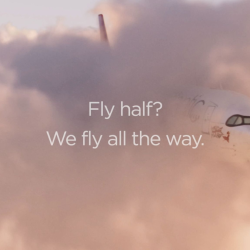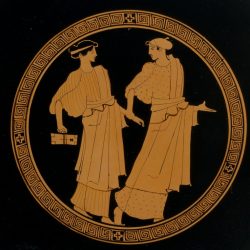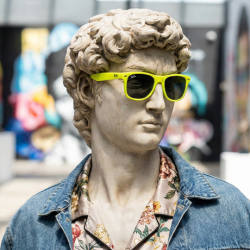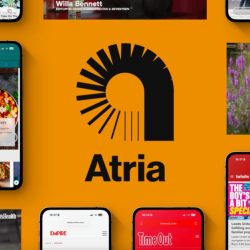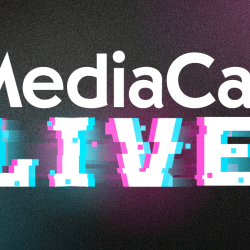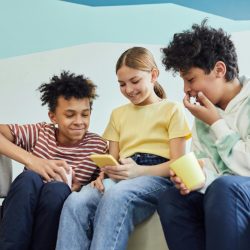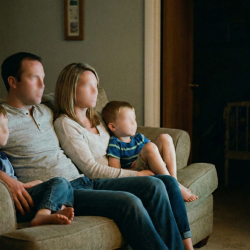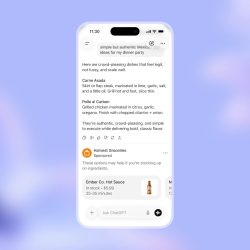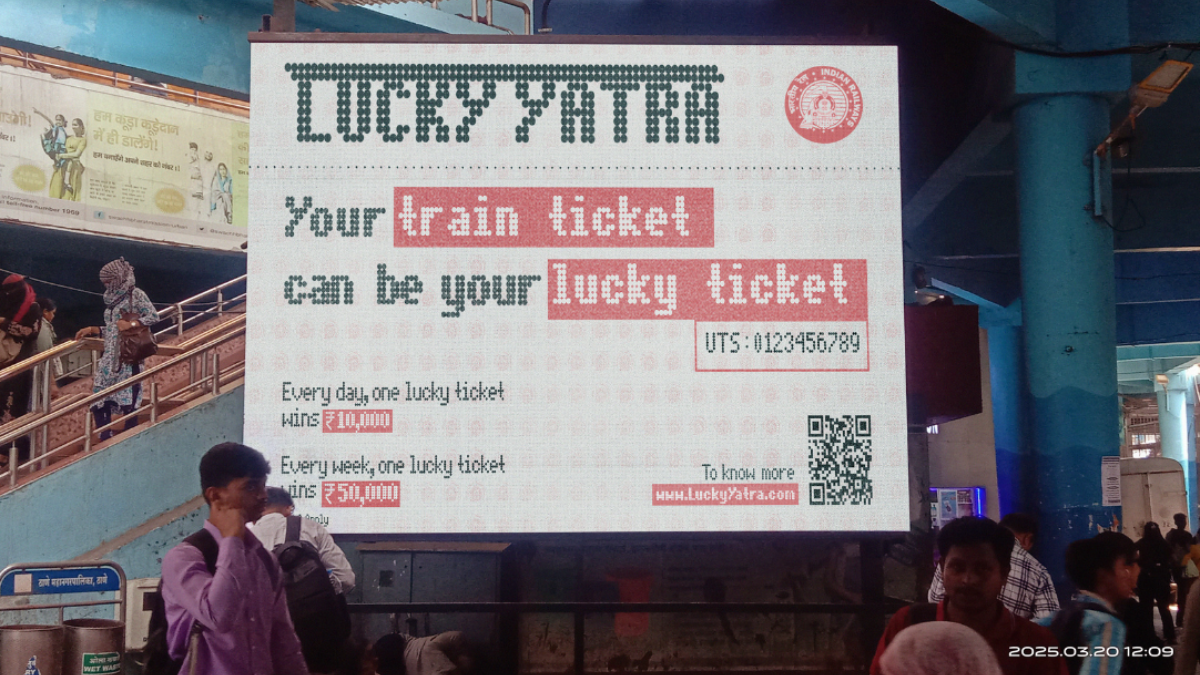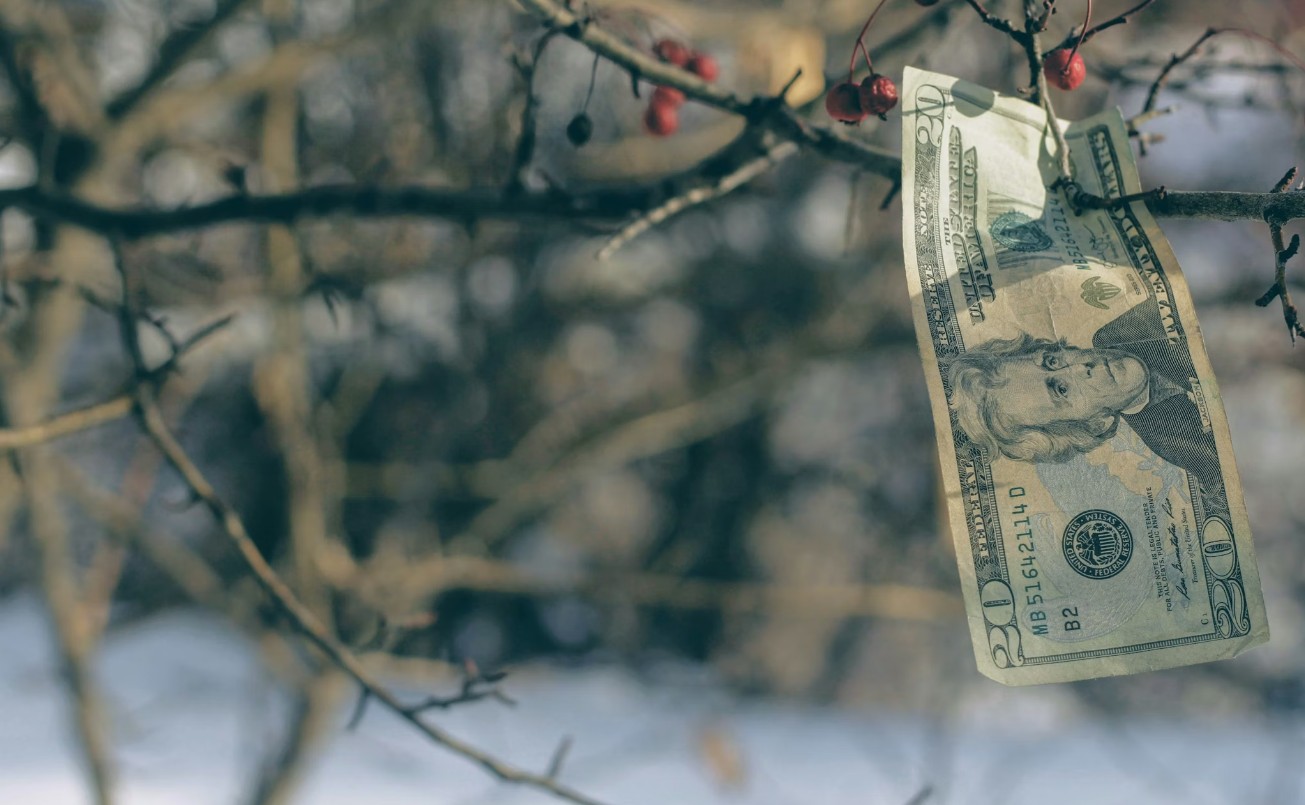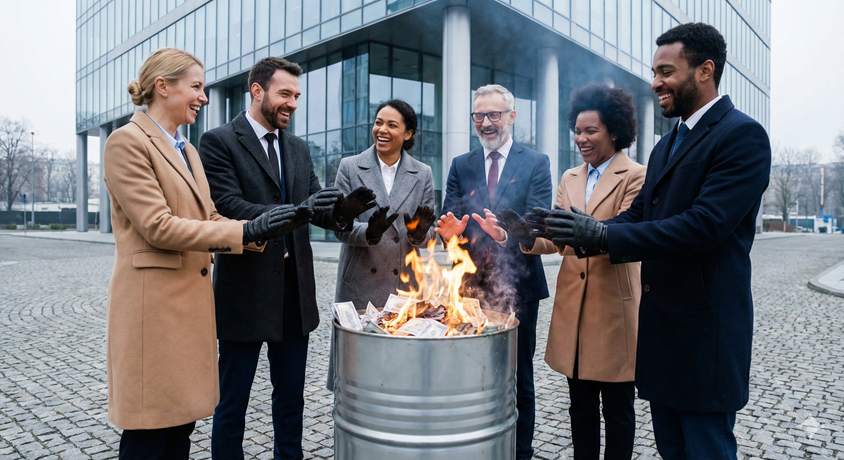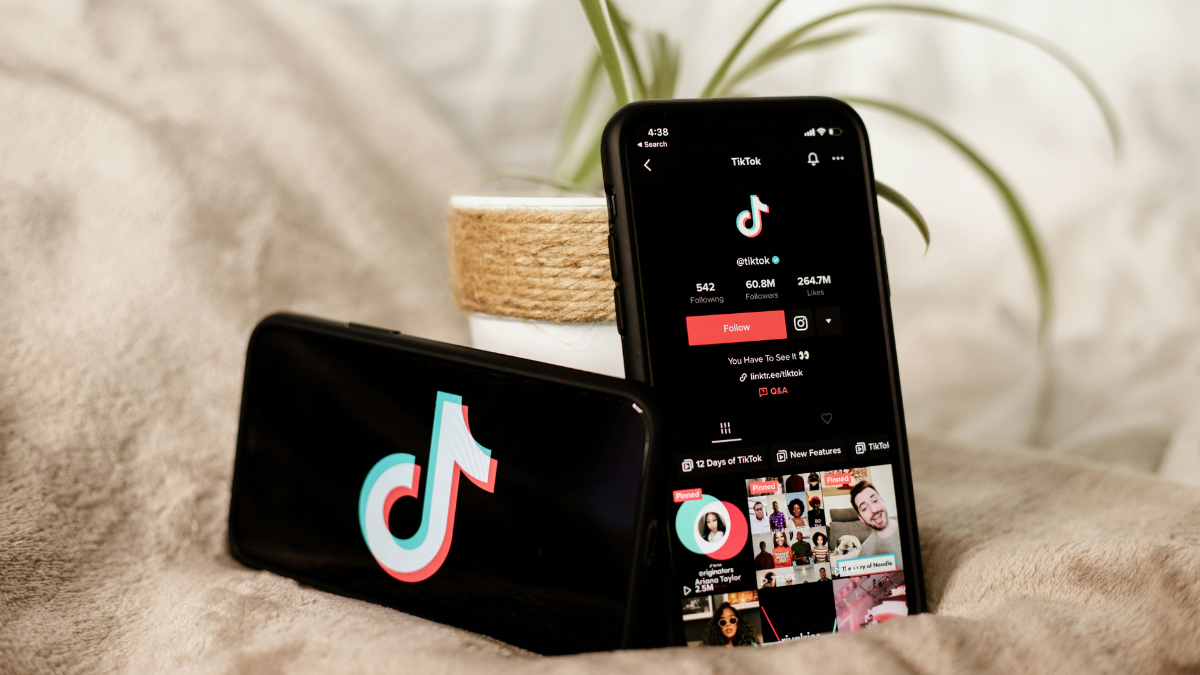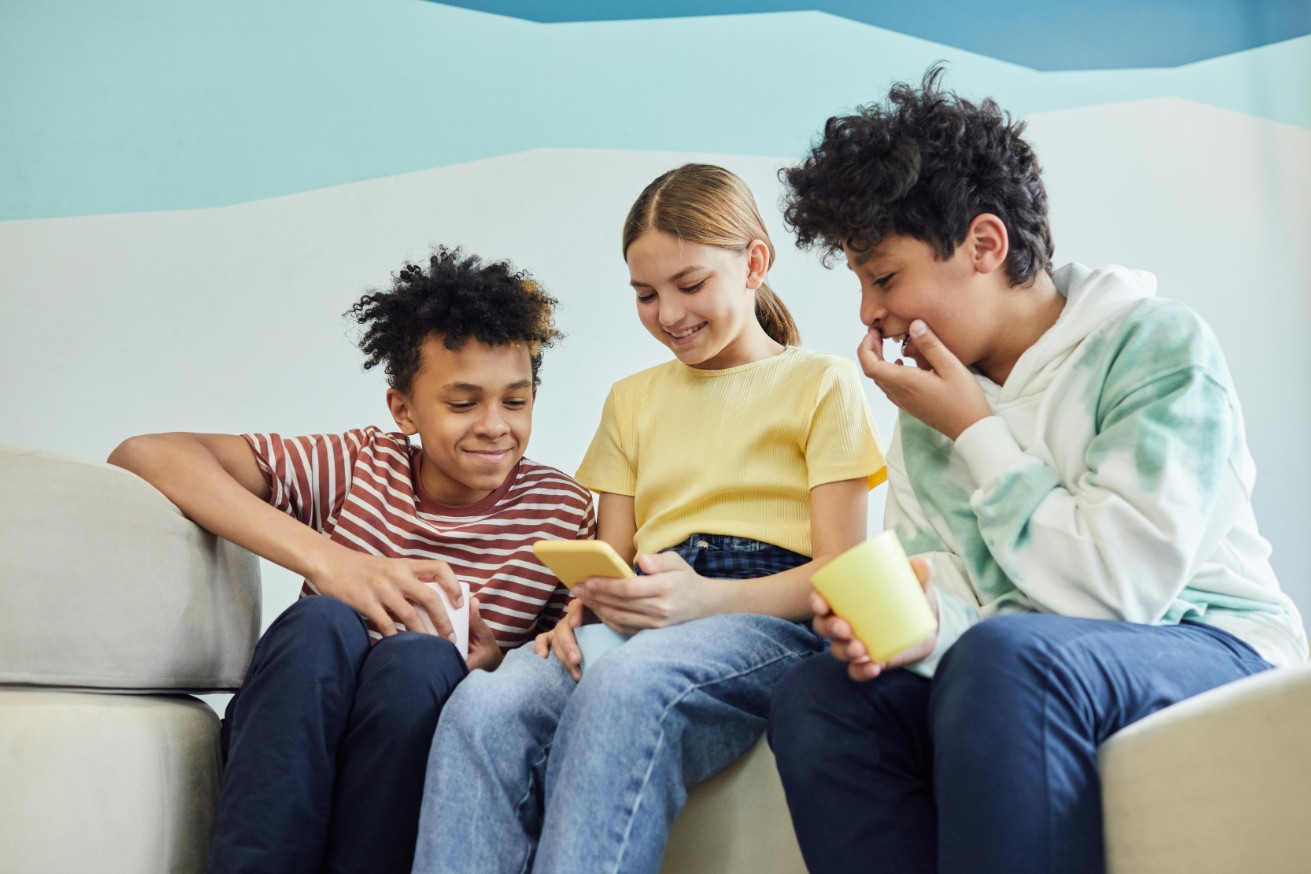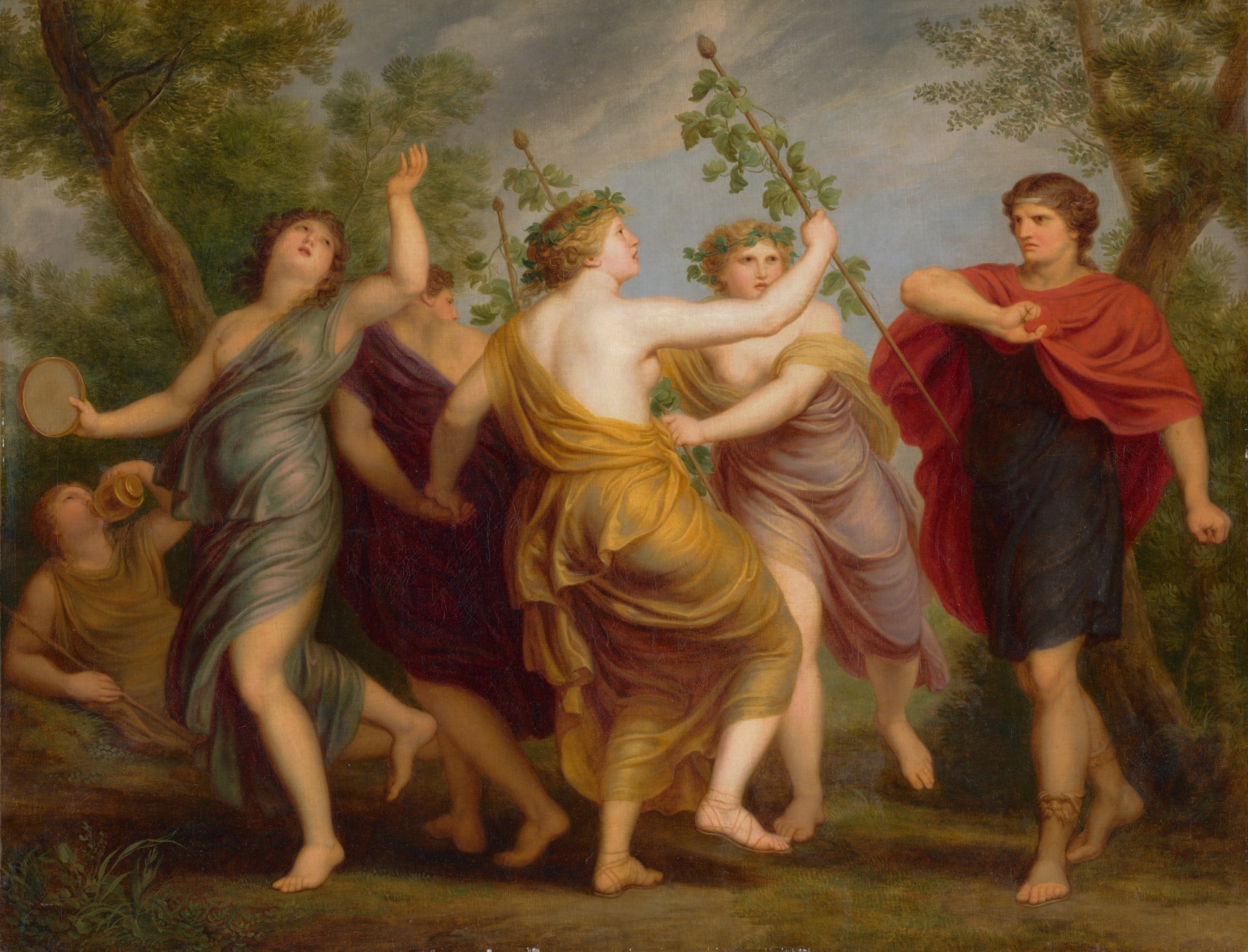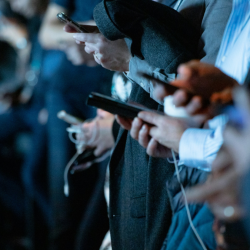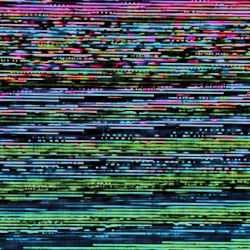The Grand Prix winners for Media, Social & Creator, Direct, and PR were announced at Cannes Lions on June 18. Each winner demonstrated creative work grounded in real-world behaviour, cultural nuance and long-term brand thinking. These were campaigns that made big ideas feel simple, and social problems feel solvable, often by reframing them rather than reacting to them.
Here’s a closer look at what won, and what made each one worthy of the top prize.
Media
Mindshare and Dove took home the Grand Prix in the Media category for ‘Real Beauty Redefined for the AI Era’. The campaign marks the twentieth anniversary of Dove’s Real Beauty platform by tackling one of the most pressing cultural and technological challenges facing women today: the rise of generative AI.
The film starts with a prompt. Women ask AI to show them ‘the most beautiful women’. The results are worryingly familiar in how idealised, repetitive and narrow they are. But when they add the word ‘Dove’ to the prompt, the images change. What appears instead is a broader, more representative spectrum of beauty. The ad ends with a promise that Dove will never use AI to create or alter women in its advertising.
Alongside the campaign, Dove released a global beauty study spanning 33,000 people in 20 countries, and launched an open-source Real Beauty Prompt Playbook to help guide inclusive prompting across AI platforms.
The Media Lions jury looks for inspiring and innovative implementation of media ideas that are enhanced by game-changing strategy. Dove’s campaign delivered that. It used the mechanics of generative search to illustrate a cultural problem and did so in a way that felt consistent with the brand’s long-term values. It is a case study in how to involve a legacy brand in topical issues without diluting its meaning. The Media jury tends to reward that kind of thoughtful progression over flashy reinvention. If the creative is loud, the media idea needs to be considered.
By using the mechanics of generative AI to make its point, Dove also made the media the message. It’s a reminder that the Media Grand Prix increasingly recognises not just where a story is told, but how the format itself is part of the idea.
Social & Creator
Ogilvy Singapore and Unilever picked up the Grand Prix in the Social & Creator category for ‘Vaseline Verified’. The smart, playful campaign was sparked by a trend of creators sharing DIY ‘Vaseline hacks’ on platforms like TikTok and Instagram. Some were clever, others were pointless and a few were outright harmful. Instead of ignoring the chaos, Vaseline leaned in. Scientists from the brand tested hundreds of these viral tips to separate fact from fiction.
Creators whose hacks passed the test received an official Vaseline Verified badge, which they could display on their content. Over 450 creators were verified, and their videos were amplified as official brand communications, effectively turning UGC into earned media.
The campaign didn’t stop there. Vaseline also partnered with these creators to sell verified gift boxes through their own online shops, creating a revenue opportunity for both sides. Creators got credibility and a new product to promote, fans got trusted content and Vaseline got to shape the narrative.
The results were impressive:
- +43% increase in sales
- 63.3 million social interactions (87% positive sentiment)
- 7.1 million organic views
- 1,293% increase in ‘hack’ mentions
The ‘Vaseline Verified’ campaign points to a maturing creator economy, where brand influence now hinges less on splashy partnerships and more on how meaningfully a brand can participate in the space, with authority, agility and a sense of shared purpose. For agencies hoping to win in this category, the takeaway is to design campaigns that offer creators something useful to work with, not just something to post about.
The campaign also won the Grand Prix for the Health and Wellness category on Monday.
Direct
AXA’s ‘Three Words’ campaign won at Cannes last year as a concept. This year, it returned not just as an idea but as a functioning, real-world insurance reform. That shift likely helped it secure the Grand Prix in the Direct Lions, a category that rewards work driven by insight, precision targeting and measurable action.
Created by Publicis Conseil, ‘Three Words’ reframes domestic violence as an insurable risk, just like a fire or flood. AXA France has changed its home insurance policies to include emergency relocation cover for women and children facing abuse, deploying the same infrastructure it would use for natural disasters. Victims can now receive safe housing within 24 hours, along with legal and financial assistance from AXA’s trained team.
The campaign is grounded in a stark statistic; in France, 77% of calls to the national domestic violence helpline mention the urgent need for housing. ‘Three Words’ meets that need directly and communicates it through a large-scale national campaign spanning TV, OOH, digital and a two-minute explainer video designed to reach both victims and their loved ones. A short documentary followed the entire process from crisis call to relocation.
What likely resonated with the Direct jury is how clearly the work drives behaviour. It turns awareness into access, policy into protection and purpose into something operational. By combining infrastructure, insight and action, AXA delivered not just a message, but a meaningful guarantee.
This is a sign that Direct work is heading towards ideas that don’t just target consumers, but offer tangible, immediate benefit. It’s no longer about personalisation for its own sake, but about using that precision to deliver genuine utility in moments that matter.
PR
Indian Railways and FCB India took home the PR Lions Grand Prix for ‘Lucky Yatra’, a campaign that tackled a long-standing operational problem. Fare evasion costs Indian Railways hundreds of millions every year. Instead of doubling down on enforcement, the brand reframed the issue by turning every valid train ticket into a lottery entry, with a daily chance to win cash prizes.
The strategy was rooted in earned media at scale. With contextual OOH across stations and trains, radio and digital touchpoints and live announcements that made the campaign feel ever-present, ‘Lucky Yatra’ became part of the commuter experience. That level of integration, backed by a strong narrative and purpose, is a hallmark of standout PR work.
The campaign deservedly won for its originality and precision. ‘Lucky Yatra’ didn’t need a celebrity, a controversy or a cause to break through. It’s a reminder that the best PR doesn’t just shape image, it changes incentives. Cannes always responds to ideas that shift public behaviour without shouting.
Other winners
GoDaddy Airo won the Grand Prix in the Creative B2B category for its ‘Act Like You Know’ campaign, whilst DM9 and Consul Appliances took home the Creative Data Grand Prix for their ‘Efficient Way To Pay’ campaign.
Click here to see the full list of Grand Prix winners from Cannes Lions 2025, updated each day.
Main image of the ‘Lucky Yatra’ campaign from FCB India.
